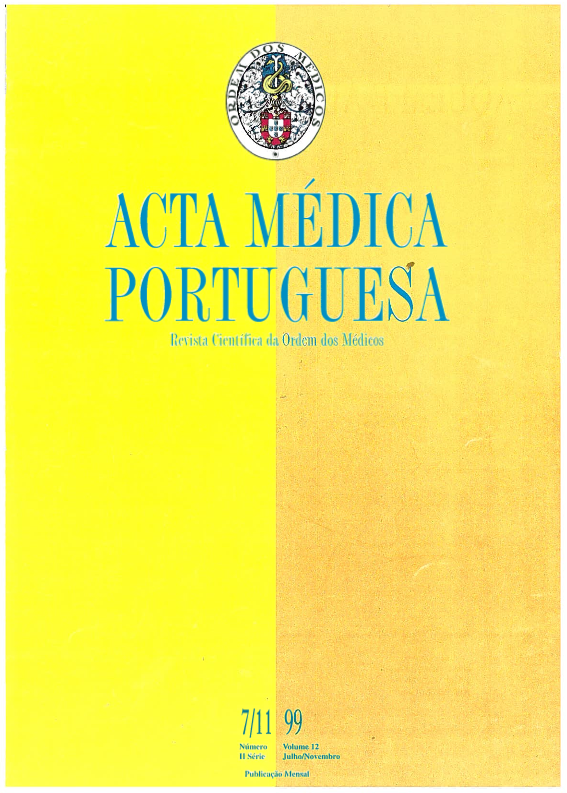Donor leukocyte infusion after allogeneic stem cell transplantation.
DOI:
https://doi.org/10.20344/amp.2158Abstract
Adoptive cellular immunotherapy with donor leukocytes of patients submitted to allogenic stem cell transplantation has had significant success in the past few years, especially in the treatment of primary disease relapse and in the prevention and treatment of some post-transplant infectious complications. Most patients treated with donor leukocytes had a relapse of chronic myelogenous leukemia, which was successfully re-induced into remission. The most significant toxicities of this treatment are the development of graft versus host disease and marrow aplasia. Three strategies were developed to limit the former: the infusion of graded doses of donor leukocytes, the depletion of CD8+ cells and the transfer of donor leukocytes transvected with a timidine kinase gene, which renders these cells sensitive to gancyclovir. The post-transplant infectious complications treated successfully with donor leukocytes were Epstein-Barr virus-induced lymphoproliferative disorders and cytomegalovirus infection. The former, arising most frequently in recipients of unrelated and/or mismatched T-cell depleted grafts, were treated with donor unseparated leukocytes or Epstein-Barr virus-specific T-cells. Cytomegalovirus infection in the early post-transplant period was largely prevented by the infusion of virus-specific T-cell clones, which restored donor-specific immunity to cytomegalovirus in the recipient.Downloads
Downloads
How to Cite
Issue
Section
License
All the articles published in the AMP are open access and comply with the requirements of funding agencies or academic institutions. The AMP is governed by the terms of the Creative Commons ‘Attribution – Non-Commercial Use - (CC-BY-NC)’ license, regarding the use by third parties.
It is the author’s responsibility to obtain approval for the reproduction of figures, tables, etc. from other publications.
Upon acceptance of an article for publication, the authors will be asked to complete the ICMJE “Copyright Liability and Copyright Sharing Statement “(http://www.actamedicaportuguesa.com/info/AMP-NormasPublicacao.pdf) and the “Declaration of Potential Conflicts of Interest” (http:// www.icmje.org/conflicts-of-interest). An e-mail will be sent to the corresponding author to acknowledge receipt of the manuscript.
After publication, the authors are authorised to make their articles available in repositories of their institutions of origin, as long as they always mention where they were published and according to the Creative Commons license.









